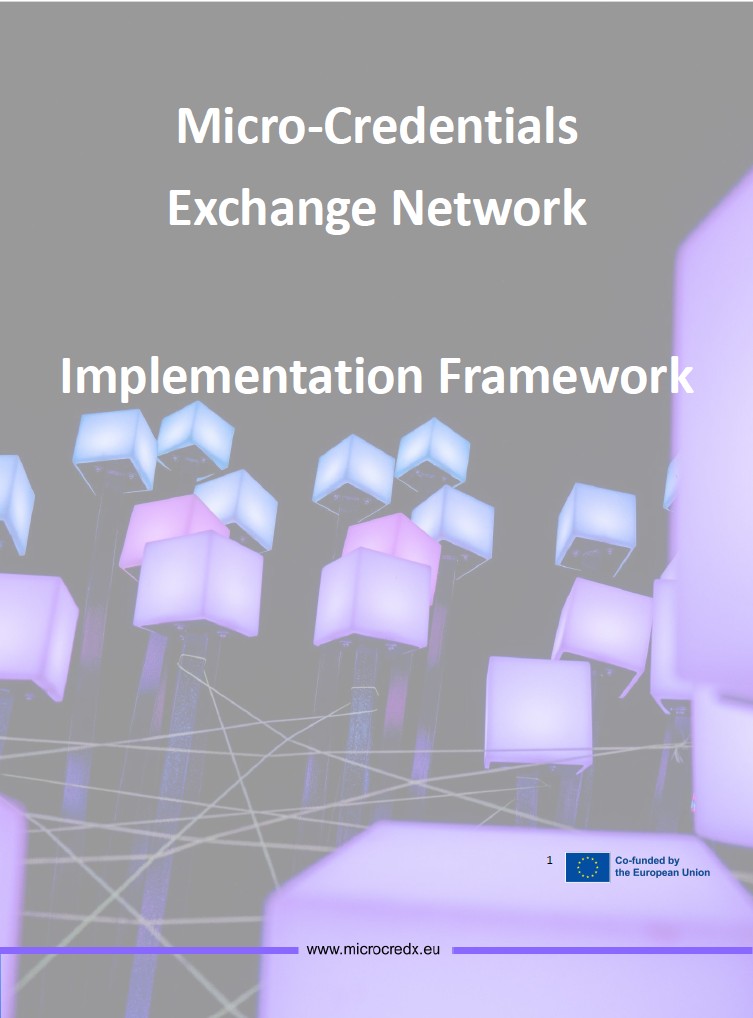Micro-credentials have quickly become a top priority for higher education. Institutions must therefore intentionally and strategically respond to a growing movement that is identified by the design of flexible and responsive learning pathways relevant for employability. The conversation on micro-credentials for lifelong learning has accelerated at all levels. Considerable effort has been made for building cross-sector understanding and consensus for future action across a broad ecosystem of micro-credential stakeholders. Behind European developments over the past 10 years from both top-down and bottom-up initiatives, a clearer picture is emerging around a consensus-driven micro-credential approach at the national and European level. With the Council of the European Union recommendation for a European Approach to Micro-credentials for Lifelong Learning and Employability, the foundations for the promotion of lifelong learning and professional development have been established, but there still remains many challenges, such as strategic leadership, interoperability and the digital transformation of educational institutions, recognition and quality assurance, to name a few. The following chapter will lay out critical considerations for academic leadership, micro-credential initiative leads, and other core members of a micro-credential design team to ensure that policy and strategic planning are in place for successful implementation plans.


